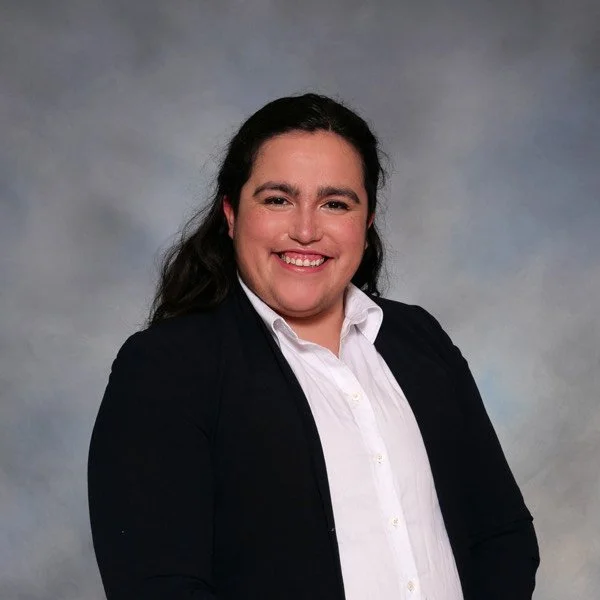Love Shatters Glass Ceilings
Delia Sosa
Delia uses They/Them pronouns
.
“Here goes nothing. Dad, I’m bisexual,” I managed to utter to my father over sushi. I was 19 years old, living halfway across the country to attend one of the best colleges in the United States to study pre-medicine (a fact my Latino, first-generation college graduate father was deeply proud of), and yet somehow the thought of sharing this news with my dad - the man who raised me, my best friend, the one person I knew I could trust with just about anything - was terrifying. He, an Indigenous Puerto Rican cisgender man, and my mom, a disabled Irish cisgender woman, had raised me in a Catholic community and two Catholic schools which were under the leadership of one of the most anti-LGBTQIA2+ bishops in the country. As much as my dad and I had weathered racism together in its many ugly forms, from being outcasted and harassed by my mom’s family to getting strange looks from neighbors in our predominantly white neighborhood, to being harassed and followed while window shopping together, sharing this deeply personal part of myself with him felt almost impossible. I was afraid I would disappoint him, the one person in my world who knew what it was like to be the “other”.
My mom was a nurse and an educator longer than I have been alive. She introduced me to the world of healthcare as a toddler, when she’d bring me to the clinic with her on days she couldn’t find childcare. I’d listen to her speak with the doctors in the clinic and pretend to take “notes” as a very serious doctor in the room (even though I couldn’t write yet). I saw myself following in their footsteps one day, being one of the doctors in the room.
What I didn’t see, however, were doctors who looked like me. The more time I spent in the healthcare world, as the child of a nurse, as a volunteer, as an EMT, and now as a medical student, the more I realized that it was incredibly hard to find a doctor who looked like me. I didn’t see any Latine or Indigenous doctors growing up, making me just one exception to the racial and ethnic majority of physicians. I didn’t see any queer, trans or intersex doctors growing up, making me the exception to the sex, gender, and sexual orientation majorities. As deeply as I believed I would one day be a physician, it was hard not to see the glimmer of light reflecting off the glass ceilings I knew I’d need to break through in order to achieve that goal.
My dad has played perhaps one of the biggest roles in helping me break these glass ceilings. He broke more glass ceilings as a Puerto Rican person than I knew were possible, from being an award winning weight lifter and making it to the Olympic trials, to being a first-generation high school and college graduate and having more talent than most professionals in his field. He has been my biggest cheerleader, from my formative years in elementary school all the way until now. He has picked me up when I’ve stumbled and helped me continue to fly. My dad has consistently showed me what it means to persevere in the face of adversity, to succeed in spite of being part of a marginalized community. And, in that moment as a 19-year old, terrified that I had somehow failed my dad because I’m queer, I prayed for even a fraction of my father’s strength to follow through on my dream of being a physician, whether he could be there for it or not.
My dad paused from his sushi for a moment, looked me right in the soul, and said: “Kiddo, I’ll love you no matter who you love, as long as they care about you and for you as much as I would. I may not always understand all this LGBT stuff, but I’m grateful you trusted me enough to tell me. And this doesn’t change how proud I am of you or how much I love you.” He has stuck by this promise since that day, even through sharing my transgender and intersex identities with him. He has made such a profound effort to use the correct pronouns for me and see me as his child, rather than his daughter. He celebrates the work I do to make healthcare spaces more inclusive and accessible for 2LGBTQIA+ patients, and puts in the time to learn about why I do what I do. Perhaps his greatest attribute, however, is that he has been the parent every queer person deserves. He has seen me for the whole person I am, every part of me, and loved me for every last bit of me.
I am queer, and trans, and intersex, and mixed race, and Indigenous, and Puerto Rican. I am the child of a loving father and a brilliant mother. I am a medical student, and an educator, and an advocate. And most of all, I am grateful for the love that has made me who I am.

